Two hundred Agribusiness Management students from the Faculty of Agriculture at KNUST recently concluded a two-day industrial field trip to the Legacy Crop Improvement Center (LCIC), a leading indigenous seed business in Ghana.
The Faculty of Agriculture at KNUST is actively forging stronger ties with the private sector to enhance practical learning opportunities for its students.
Recognizing the crucial role of industry experience in developing job-ready graduates, the faculty organized a two-day industrial field trip for 200 Agribusiness Management students.
Led by Dr. Eli Gaveh, a Senior Lecturer in the Department of Horticulture at KNUST, the students visited the Legacy Crop Improvement Center (LCIC) on April 2nd and 3rd, 2025.
LCIC, a prominent indigenous seed business and private crop improvement facility in Ghana, served as the ideal platform to provide students with firsthand exposure to the seed industry.
During their visit, students were introduced to the intricate operations of modern machinery used in integrated seed processing, including threshing and treatment. They also learned about innovative seed storage and drying systems, such as solar-powered units and efficient, locally fabricated gas-powered mechanical dryers.
Dr. Amos Rutherford Azinu, CEO of LCIC, provided the students with a comprehensive overview of the global and African seed market.
He highlighted the significant untapped potential within the over $70 billion global market, where Africa's current share is less than $2 billion. Dr. Azinu emphasized Africa's vast arable land and youthful population as key assets for developing a vibrant agro-economy.
He also noted the dominance of four foreign companies in the global seed market, controlling approximately 80%, which presents substantial entrepreneurial opportunities for young graduates to address graduate unemployment.
Dr. Azinu echoed concerns raised by the Institute of Statistical, Social and Economic Research (ISSER) in their 2023 publication, which indicated that only 10% of Ghana’s graduates find employment within a year of graduation, leaving over 200,000 youth seeking jobs annually.
He argued that the seed sector has the capacity to absorb a significant portion of this youth bulge and drive agricultural transformation through the production of high-quality seeds, efficient logistics, sustainable land use, and expanded irrigation infrastructure to mitigate climate change. He further suggested industrializing agricultural chains and modernizing seed facilities across the country to ensure national food security and supply chain resilience.
Dr. Azinu stressed the importance of promoting locally developed, climate-resilient, short-duration crop hybrids, particularly in vegetable seeds, to reduce reliance on imports and strengthen the local seed sector. He also advocated for building managerial and technical capacity and creating inclusive market models to enhance the competitiveness of Ghana's agriculture. Guaranteed land access in well-planned farming enclaves with supporting infrastructure was also highlighted as a key factor in attracting graduates to commercial agriculture. Dr. Azinu lauded the government's proposed Farmer Service Centre scheme as a potential solution to existing challenges in farming, ultimately securing food availability, affordability, and quality for all Ghanaians.
Dr. Eli Gaveh, the program's organizer, reinforced the view that harnessing human capital through strategic research collaborations, creating market-driven agricultural ecosystems, and building the competitive capacity of emerging agricultural graduates are crucial for advancing Ghana's agriculture.
The field trip concluded with a consensus on the importance of granting intellectual property protection to local seed businesses for their developed cultivars to foster strong partnerships with research institutions.
Additionally, encouraging small seed enterprises to consolidate through mergers and acquisitions was seen as a way to attract private commercial investment in the seed sector, aligning with the Plants and Fertiliser Act, 2010 (Act 803).
Students Gain Hands-on Seed Business Insights to Boost Agri-Entrepreneurship
News
Students
| Published: 22nd April 2025
Share
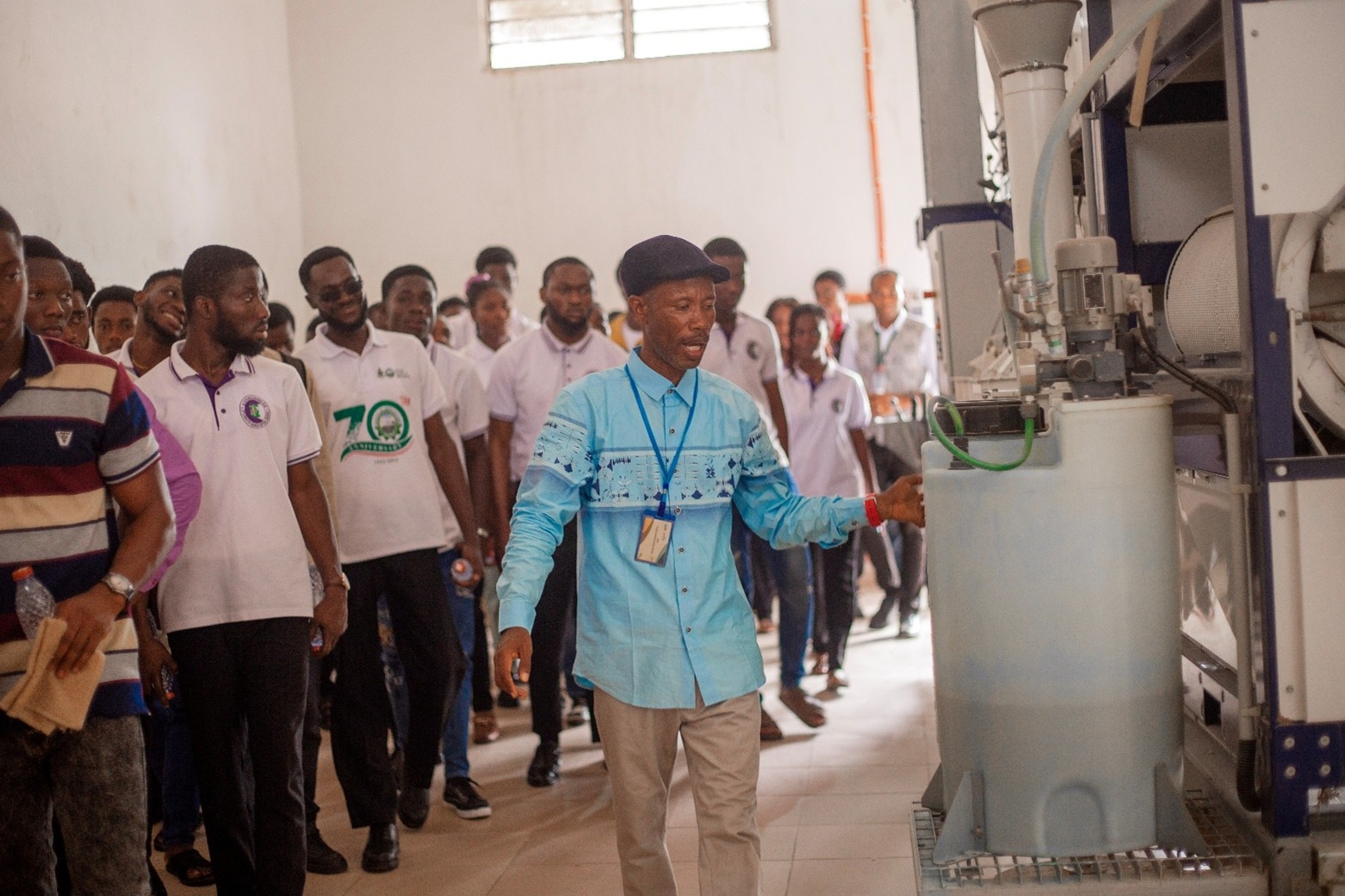

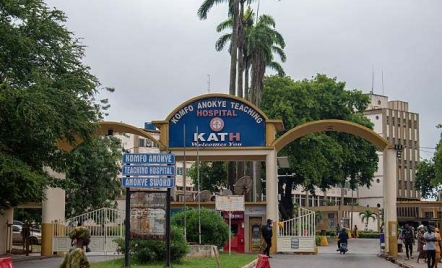
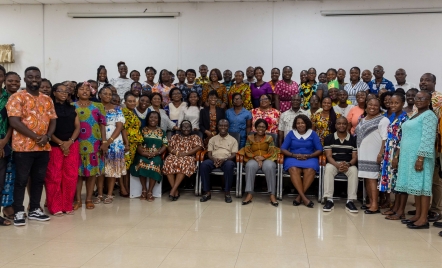
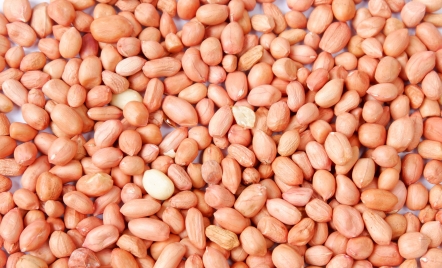
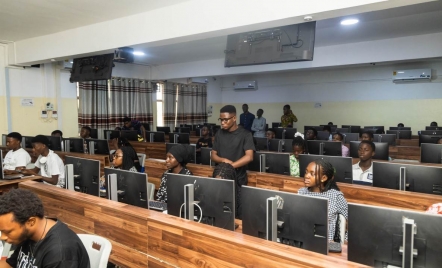
Comments